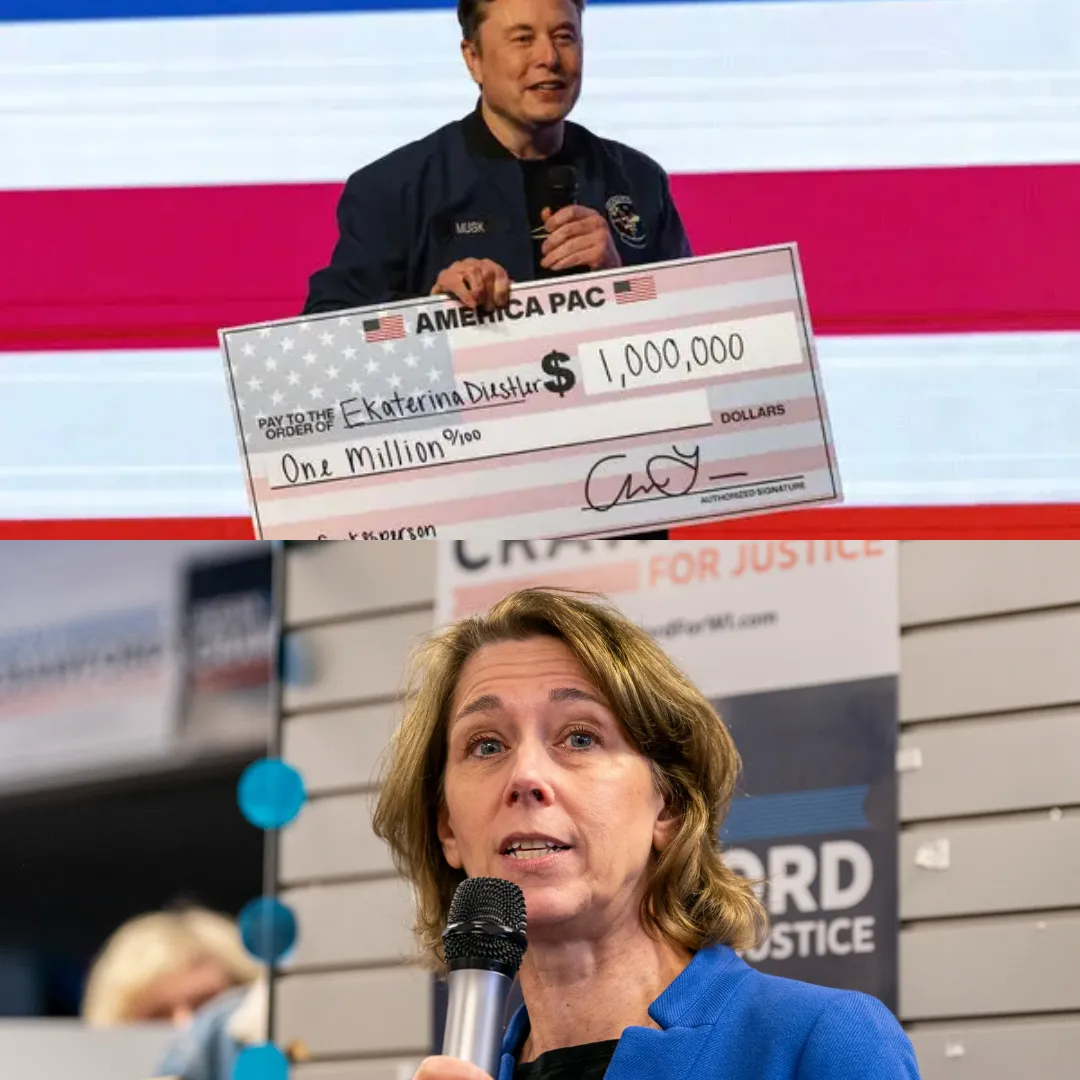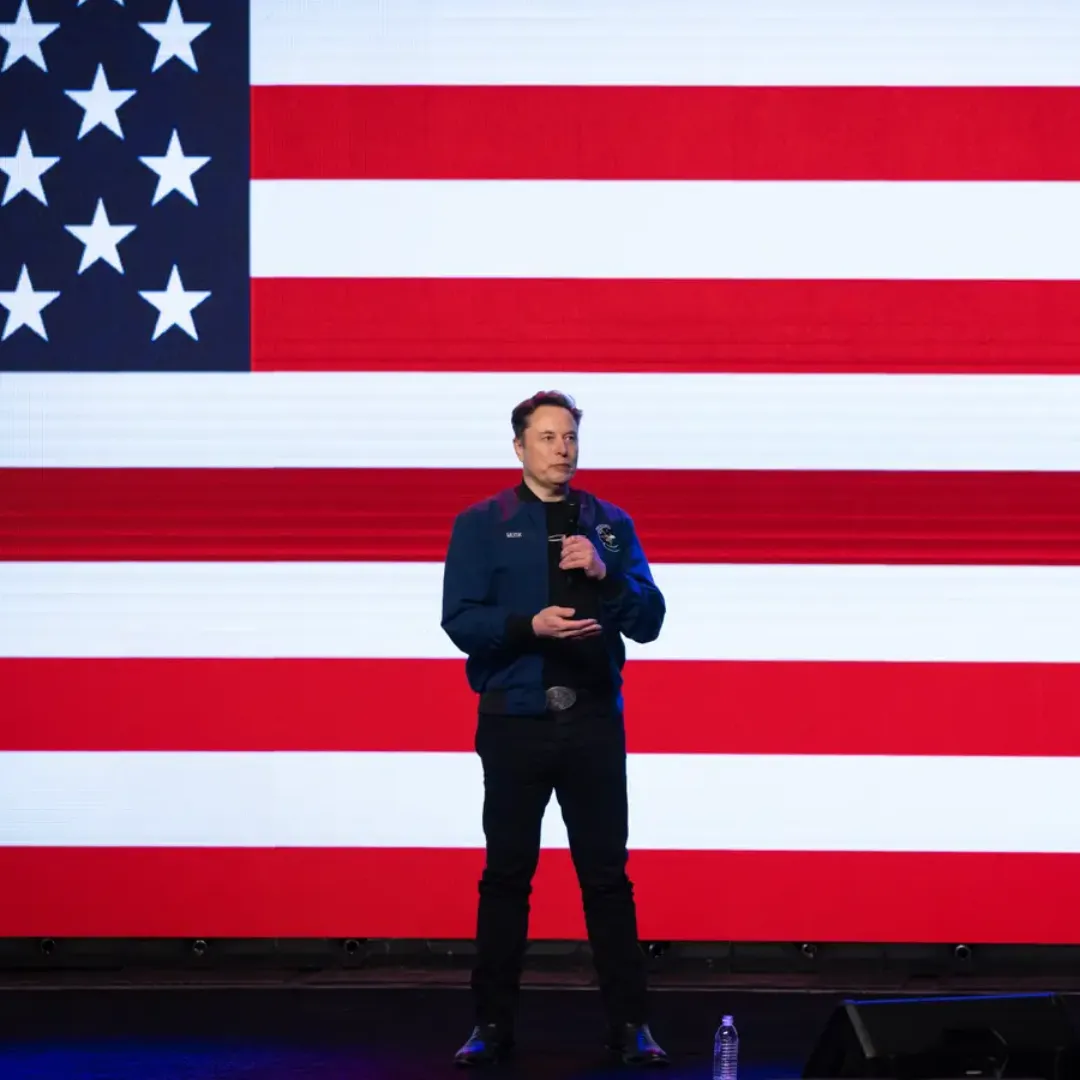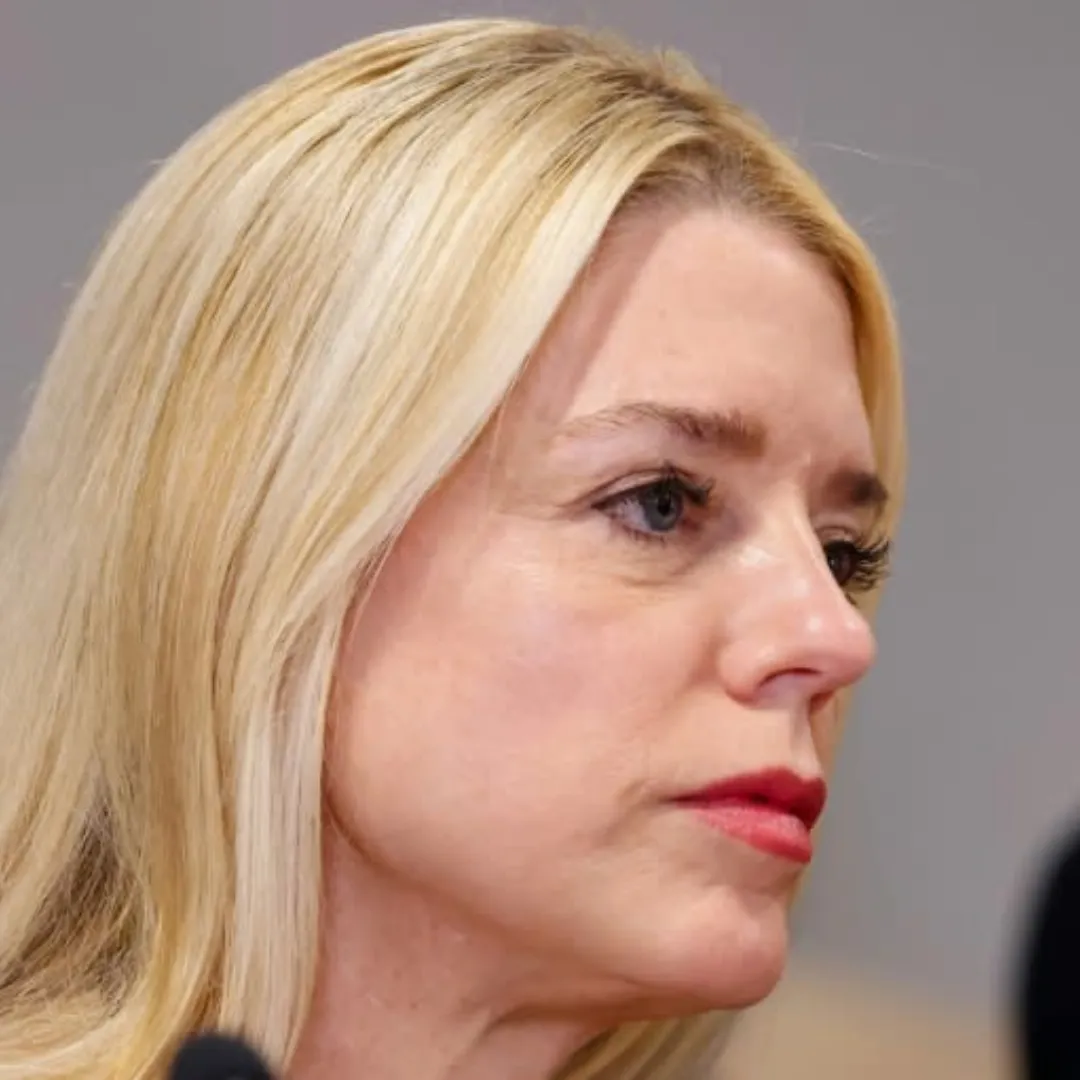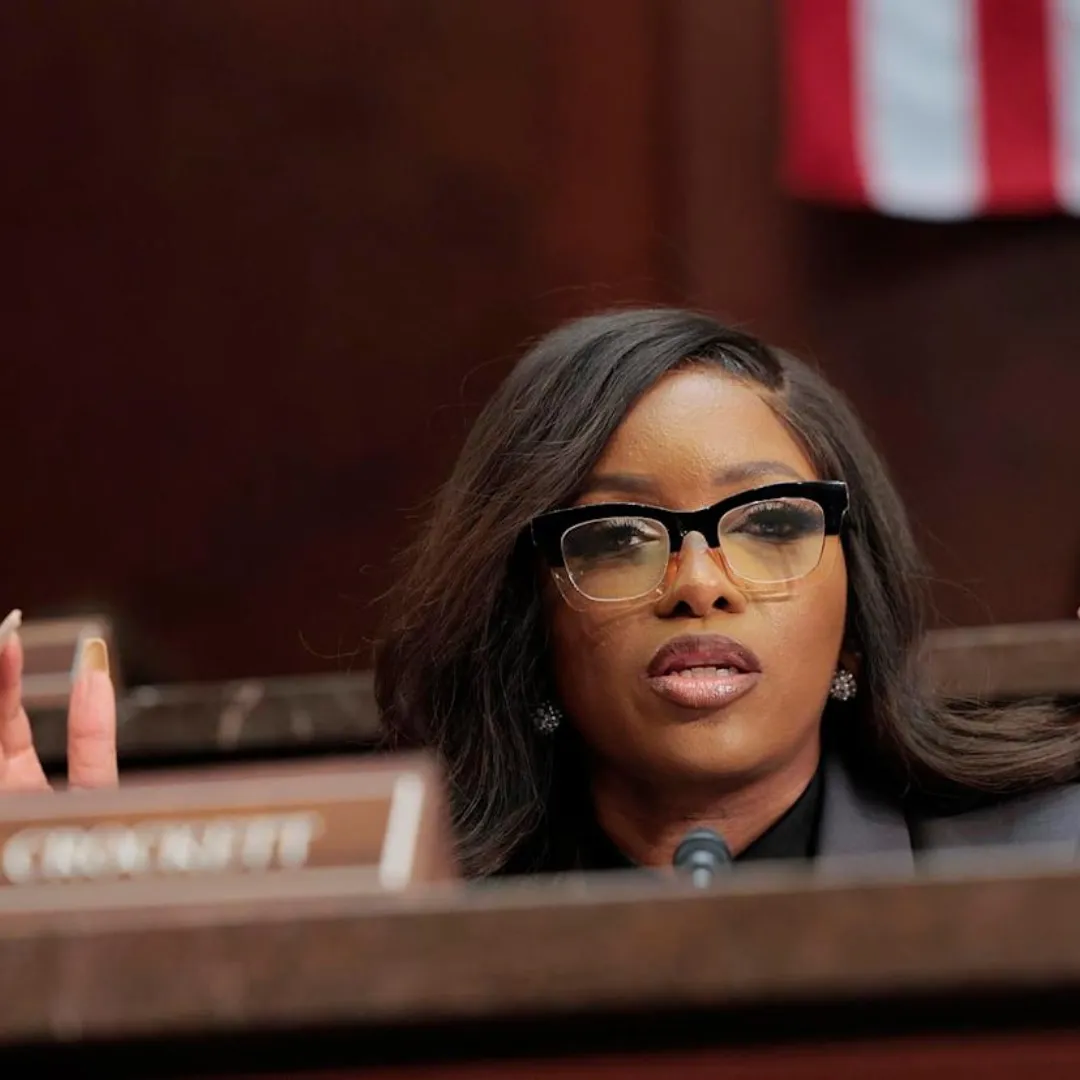
In Florida, a state that has become synonymous with Donald Trump’s political base, the rituals of his most dedicated supporters remain steadfast, even as a new wave of uncertainty rises among them.
Every weekend, a group of hardcore fans gathers at Trump’s West Palm Beach golf course to catch a brief glimpse of their political idol, and every weekend, their commitment is tested by the shifting tides of American politics.
However, as the political landscape changes, so too does the mood of the crowd. More than ever, these Trump supporters are beginning to worry that the state they have come to think of as a bastion of support for their leader might slip from their grasp in future elections.
This ritual, one that has become a fixture of their lives, begins with careful monitoring—tracking Air Force One on flight trackers and watching for any signs that the presidential motorcade is en route.
It’s a carefully choreographed dance of anticipation, excitement, and loyalty, all for the briefest of moments when they can catch a glimpse of the man they believe embodies the true spirit of America.
As 65-year-old Alan Mentser stands with his group, his eyes fixed on the road ahead, he reflects on the personal meaning behind this weekly tradition. “It’s a small way for him to see that we’re here for him,” Mentser says, referring to Trump.

But now, amid growing concerns about the political climate, the mood has started to shift.
More than just their admiration for Trump’s policies, these supporters are beginning to fear that the upcoming elections, particularly in Florida, could end in a surprise outcome that undermines everything they’ve worked for.
The ritual is familiar: Mentser and his group stand at the same spot, eyes trained on the road, eager for their leader’s appearance.
The motorcade arrives, and the crowd cheers, waving and shouting praises to the president. Trump waves back, his trademark red “Make America Great Again” hat visible in the distance.
It’s the kind of moment that has become a cherished experience for these supporters, a fleeting second of recognition that their loyalty hasn’t gone unnoticed.
But recently, there’s been an undercurrent of tension. Mentser, who has participated in this weekend gathering for years, admits that there’s been a growing worry among the group.
“We’ve always been solid here in Florida,” he says, his voice tinged with uncertainty. “But there’s a real fear that we’re losing ground.”
The source of this worry stems not from the actions of their leader, but from the shifting political environment.

Florida, once a Republican stronghold, has seen a significant demographic shift in recent years, particularly among younger voters and urban centers that have shown growing support for progressive policies.
This trend, Mentser fears, could signal the beginning of a losing battle in the state he’s come to associate with Trump’s political dominance.
“You can feel the change,” he says. “It’s like the energy isn’t what it was a few years ago. People are worried that Trump’s not going to win this time around.”
The stakes for Trump’s supporters in Florida have always been high. As the state that was crucial to his 2016 victory, Florida has represented more than just a place to rally support; it has been a symbolic stronghold for the Make America Great Again movement.
But with each passing election cycle, that stronghold has come under increasing threat. The younger, more diverse electorate in Florida has shifted toward more progressive candidates, leading to a rise in concern among the Trump faithful.
Mentser, who owns several of the giant banners depicting Trump giving a thumbs-up against an American flag backdrop, points to the symbolism in these signs.
“This one cost me $300,” he says, motioning to one of the massive banners draped on a nearby fence. “But this is nothing compared to what we stand to lose if Florida flips.”
The fear of losing Florida is compounded by the growing uncertainty over Trump’s political future. With increasing media scrutiny and potential legal challenges hanging over him, the specter of losing in Florida seems more real than ever.

For many in Mentser’s group, Florida isn’t just another state—it’s the key to Trump’s continued relevance in American politics. And as the state becomes more competitive in national elections, the grip Trump’s supporters have on it is beginning to loosen.
At the heart of the concern lies a disconnect between the fervent support for Trump and the reality of shifting voter demographics. Florida, once a state that aligned easily with Trump’s policies, is becoming a battleground.
The influx of young voters, combined with an increase in Latino and African American voting populations, has made Florida one of the most politically divided states in the nation.
Brady Collier, a 31-year-old supporter who has attended nearly every one of Trump’s rallies in Florida, isn’t shy about his anxiety over the state’s changing political landscape.
“It’s a bit like holding on to a cliff by your fingertips,” he admits. “We’ve been loyal, but I’m not sure that’s enough anymore.”
Collier is a familiar face at the West Palm Beach golf course, donning the same red MAGA hat as Trump himself. While the sight of the motorcade still fills him with excitement, there’s an underlying tension in his voice.
“Every time I see him, it’s like a reminder of how much we’ve invested in him,” Collier says. “But I don’t know if it’s going to be enough in the long run.”

The dynamic at the rally site is telling. What was once a constant celebration of Trump’s dominance has become more of a rallying cry for a group facing increasing isolation in a rapidly changing state.
The cheers and applause, once deafening, now sound tinged with nervous energy, as if every rally could be the last.
Despite the strong bond between Trump and his most devoted supporters, the numbers tell a different story. A recent poll of Floridian voters showed that Trump’s popularity has steadily declined in the state over the past year.
Once a reliably red state, Florida is now showing signs of being a competitive battleground where the odds may not be in Trump’s favor come the next election.
Jared Petry, 24, a member of the “Front Row Joes” who has traveled across the country supporting Trump, is no stranger to this shift. Petry, who was in Butler, Pennsylvania, when an assassination attempt was made on Trump’s life during a campaign rally last year, admits that he, too, has noticed the difference.
“People aren’t as enthusiastic as they used to be,” he says. “You can feel it when you talk to them. I think a lot of people are starting to question whether Florida is still Trump’s state.”
Petry’s words speak to a broader reality that many Trump supporters in Florida are beginning to grapple with—the uncertainty of whether the state will remain as solidly red as it once was. Even those who are most loyal to Trump can’t ignore the signs of shifting tides.

As the weeks go by and the uncertainty mounts, the reality of Florida slipping from Trump’s grasp seems more tangible. Mentser, Collier, and Petry are not alone in their worries.
Behind the cheering and waving, there is a sense of dread building among those who once believed Florida would always be Trump country.
For the first time, the supporters who gathered every weekend in West Palm Beach aren’t just worried about the next rally—they’re worried about the next election.
If they can’t hold Florida, where can they hold on? The political landscape is changing too quickly for them to ignore. And while the motorcade still passes by, a brief reminder of their loyalty and hope, the future of Florida—and Trump’s grip on it—remains uncertain.
In the end, the ritual of waiting for Trump’s motorcade to roll by is no longer just about showing support—it’s become a symbol of deeper concerns.
The once-solid foundation of Trump’s support in Florida is now cracked, and his followers are beginning to face the reality that the state they believed to be a sure thing may soon slip away. The battle for Florida is no longer just a political contest; it’s a battle for the very heart of the MAGA movement.



